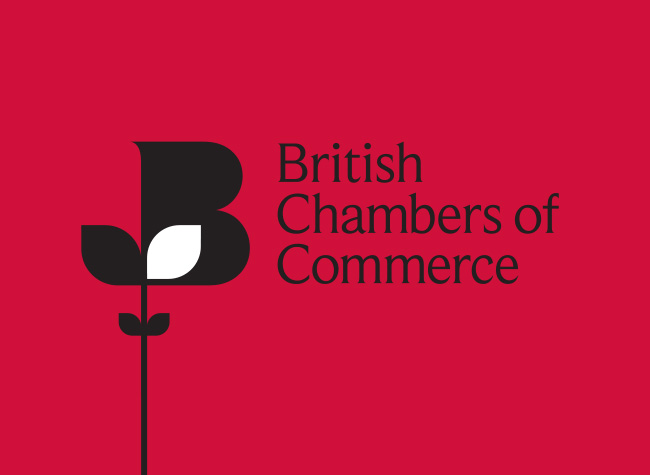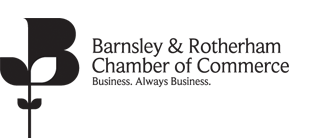
BCC Quarterly Economic Survey: Firms Treading Water on Investment
- No overall improvement in business conditions in Q1 2024 as measured by investment, sales and cashflow.
- Levels of business confidence remain unchanged, with 56% of UK businesses expecting an increase in turnover in the next twelve months.
- Almost half of firms are expecting the price of their goods or services to rise.
- Interest rates continue to slowly decline as a concern for businesses. #
- Hospitality sector continues to struggle disproportionately, with 39% of these firms reporting a decrease in their cash flow, compared with 28% of respondents overall.
The BCC’s Quarterly Economic Survey – the UK’s largest and longest-running independent business survey – shows most firms reporting no improvement in investment levels, sales or cashflow in the first quarter of 2024.
After a slight rise in Q4, levels of business confidence have remained static. For the second quarter in a row, 56% of businesses say they are expecting an increase in turnover over the next year.
With inflation likely to remain volatile over the coming months – the data also reveals that more firms expect hikes in their own prices, with staffing costs being the main pressure.
The survey, conducted between 12 February and 12 March, of over 4,800 firm across the UK – 92% of whom are SMEs (fewer than 250 employees) – also reveals business performance across different sectors varies considerably.
No improvement in overall business conditions
The percentage of respondents reporting increased domestic sales stayed at 36%, the same level as Q4. Likewise for the second quarter in a row, 22% reported a decrease and 42% said sales had remained constant.
But there were significant sectoral differences. 44% of professional service firms said they had seen a boost in sales, whereas only 27% of logistic companies and 29% of retailers saw an increase.
Business confidence remains unchanged
56% firms expect to see their turnover increase over the next 12 months – the same as Q4 2023. Only 14% of respondents are expecting to see their financial situation worsen in the year ahead, 29% expect things to remain the same.
Profitability confidence has remained static, with 48% of companies saying they expect profits to increase in the next year. That compares to 47% in Q4. 21% of respondents believe their profits will fall.
Most firms still not increasing investment
Economic headwinds continue to impact heavily on business investment. The majority of firms say they haven’t increased the amount of new plant, machinery and equipment they’ve bought or rented. Only 24% reported an increase in investment (the same as Q4), while 60% said levels had remained the same, 16% reported a decrease.
There are large sectoral disparities in investment levels. 28% of hospitality sector firms say they have decreased investment, while 30% of manufacturing businesses have increased investment.
Many firms expect their prices to rise
Although inflation has slowed significantly in recent months, almost half of firms are expecting the price of their goods or services to rise. 46% of respondents are predicting an increase (compared with 47% in Q4), 51% think prices will stay the same, and just 3% are anticipating a decrease.
Labour costs are cited as the main cost pressure across all businesses. For the second quarter running, 68% of responding firms say they are under pressure to raise prices because of staffing costs. Some sectors are feeling this pressure more than others, with 77% of hospitality firms and 76% of manufacturers citing it as a key driver.
Interest rates continue to decline as a concern
While inflation remains firms’ biggest concern, business worries about interest rates continue to gradually fall. 35% of businesses say they are concerned about the cost of borrowing, compared with 39% in Q4. These figures remain high compared with the pre-Covid trend.
David Bharier, Head of Research at the British Chambers of Commerce said:
“The latest results from the QES provide further evidence that the UK economy is trapped in a low-to-no growth state.
“Although business confidence remains buoyant at the start of the year, most SMEs are still not reporting any tangible improvement to business conditions.
“The lack of investment among most SMEs is a real concern. Inflation, skills shortages, and an almost endless list of new trade barriers with the EU, coupled with a lack of clear direction on infrastructure and technology investment at the government level, have led to paralysis for many businesses.
“The increased percentage of firms expecting price rises is also a reflection of global conflicts and the introduction of further import costs.
“As we head towards an election, businesses will need to see a clear long-term plan for investment and innovation from politicians.”
Shevaun Haviland, Director General of the British Chambers of Commerce said:
“Our results are a timely reminder of the challenges businesses are facing across the UK.
“We desperately need to see SMEs investing again. Government moves on rate relief, planning reform and full expensing are welcome – but they haven’t yet shifted the dial.
“The recent rise in the national living wage is good news for millions of employees. But it comes at a time when labour costs pressures for business are already very high. Firms need room to breathe as they strive to pay staff fairly.
“In this election year it’s vital that politicians remain laser focused on helping businesses invest, develop and grow. We encourage all parties to study our findings and understand the reality for SMEs in communities up and down the country”.


Sorry, the comment form is closed at this time.